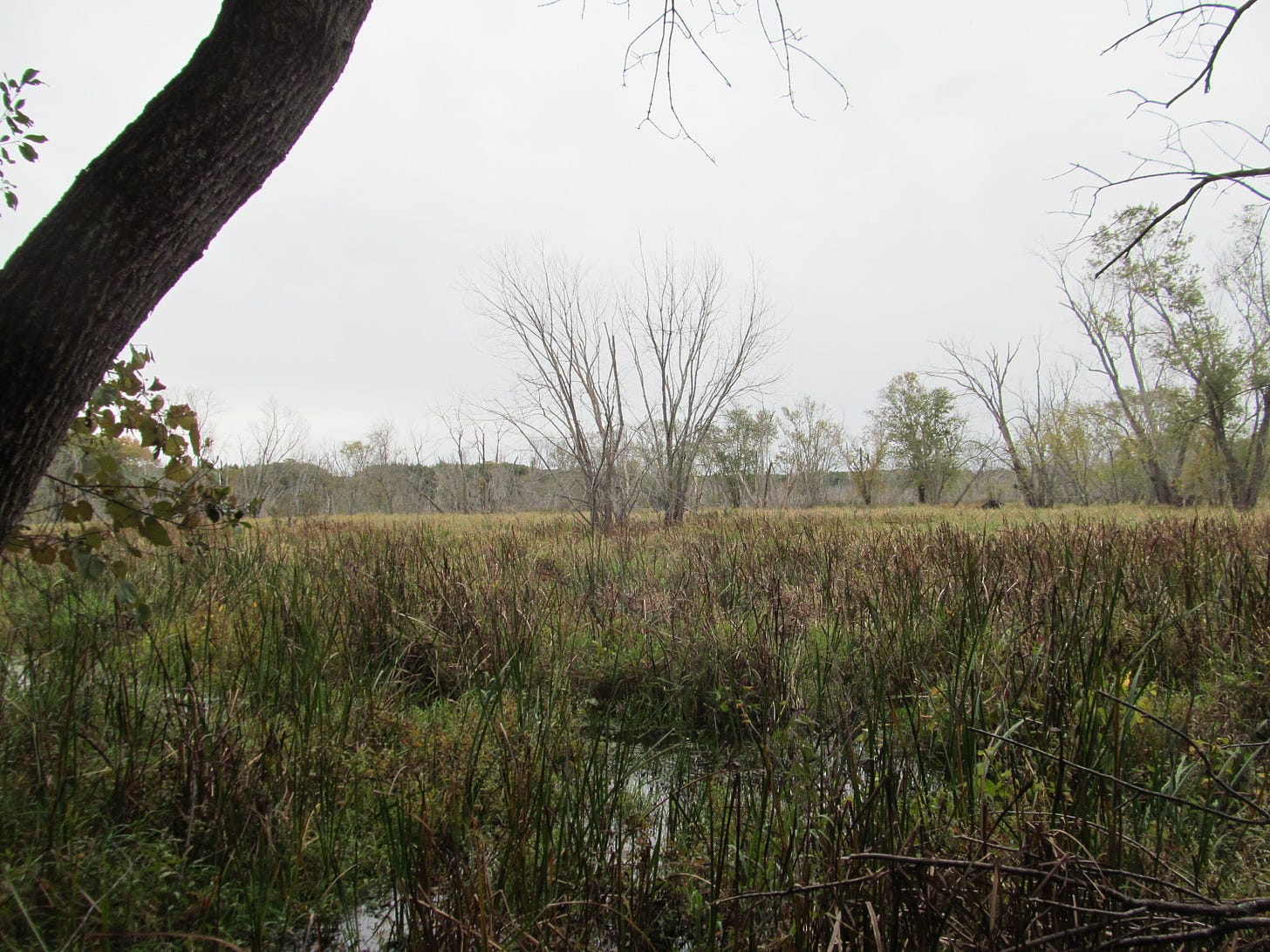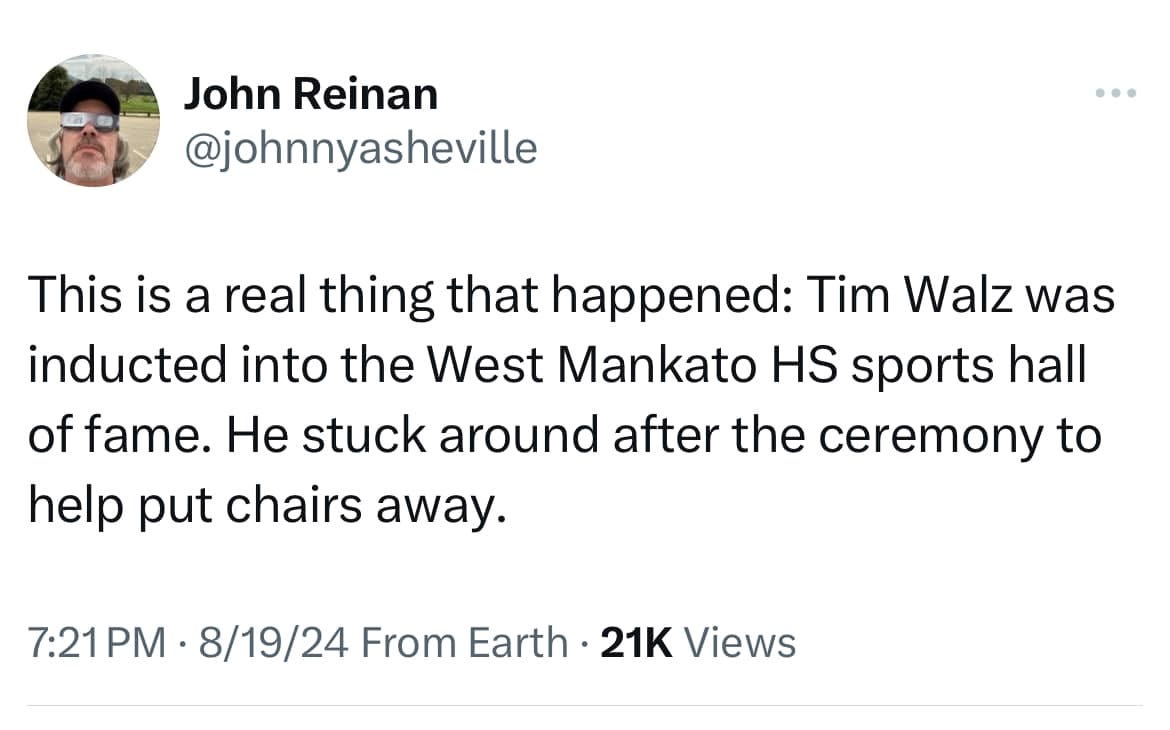
In the thin, wet woods of northeastern Massachusetts, on a tired August afternoon, I slumped over to where the camp counselor was setting up his big tent. I was maybe seven years old and full of shame. I didn’t say anything, didn’t want to interrupt him. I may have tried to unobtrusively help, hoping he would notice me. Finally he did: “What’s up?”
I asked if I could sleep in his tent. My camping partner had kicked me out of our tent. I had done my part in helping him set it up, but once we were finished, he decided it was exclusively his. My shame came from letting him bully me, and from dreading the choice between tattling on him and spending the night outside in the cold.
In the two weeks of day camp I hadn’t made many friends. I was shy and small and physically weak. We’d visited shorelines and studied birds and played capture-the-flag and it was all fine but I hadn’t felt any passion, or at least not let it show. So for the grand finale, camping out for a night, they just assigned me to some boy and we turned out to be a poor match. I imagined upcoming misery that would likely shape my memories of the camp experience as a whole, of the kids and the counselors and nature in general. To think that I could have been home reading books!
But the camp counselor did something miraculous. He just said, “Sure.” He had me grab some stakes to bring him to pound in. He didn’t need me to tattle on the other kid, didn’t need me to wallow in my shame.
Over the next hour, several other kids ended up gravitating toward the counselor’s tent. Their own tents were saggy and droopy and lonely. They too wanted to be part of the big-tent scene. We cooked hot dogs. Eventually, as I recall, almost all of us slept in the big tent (it was a really big tent). I felt like a trendsetter. Maybe this had been the counselor's plan all along. But I felt especially vindicated when my former camping partner abandoned his own tent (formerly “our” tent) to join the team.
I’ve been thinking of this story with the recent adulation for the personality of Tim Walz. Since Kamala Harris chose Walz as her vice-presidential pick, memes and jokes have portrayed him as an ultimate coach and Midwestern dad and avatar of positive masculinity.
In 2018, when a reporter asked Walz about Minnesota’s Boundary Waters Canoe Area Wilderness, he called it an important place, saying, “It’s deeply ingrained in us. I took teams up there to build camaraderie and to bring together sports teams from high school. We introduced a lot of kids over the years for their first time to the Boundary Waters.”
Plenty of analysts will comment on Walz’ past policy decisions, and it’s valuable to know. Bottom line, according to this hometown article: he’s center-left. He’s not an environmentalist’s ideal, but environmentalists seem willing to support him because he’s electable.
But why is he electable? I think this coach’s response to nature is telling. Walz didn’t go first to science, or economics, or law, or politics, or history. Or even maps and geography, despite his background teaching them. He went to teamwork and camaraderie, to personal and social development. He saw nature first as a person not a policymaker.
I would argue that the priorities he’s expressing here have actually driven many of our most successful environmental laws. Take, for example, the 1964 Wilderness Act, which is sometimes criticized (or celebrated!) for putting a dividing line between humans and wilderness. However, its actual text said that such areas “shall be administered for the use and enjoyment of the American people in such manner as will leave them unimpaired for future use as wilderness.” (emphasis added) The wonders of these areas, it said, included “outstanding opportunities for solitude or a primitive and unconfined type of recreation” and “ecological, geological, or other features of scientific, educational, scenic, or historical value.”
Wilderness, the Act believed, was about people. For Walz to assert that the main value of the Boundary Waters is to assist in camaraderie-building for a high school football team is both a broadly appealing sentiment and deeply consistent with history.
It’s also consistent with my own natural story. What I remember about that camp counselor isn’t whatever knowledge he had of the science or law or history of nature. Nor even of how to assemble a big tent. It was of how he used nature to open an avenue for me to shed my shame and fear.




